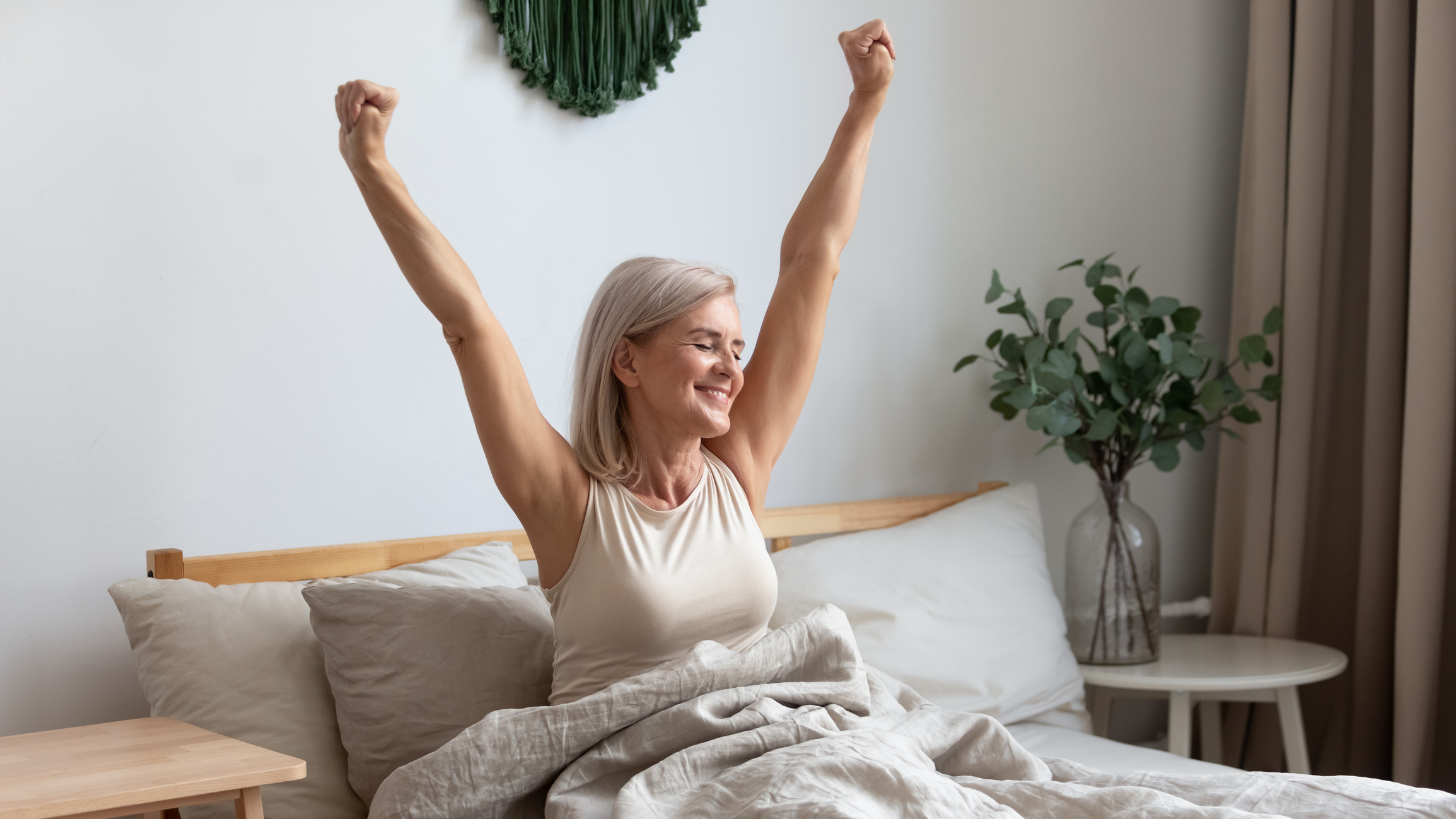Tldr if you’re not opening the article, the study doesn’t specifically prescribe an amount of exercise, just that people who consistently exercise (and continue to consistently exercise) get better sleep. Consistent exercise is defined as 2+ times per week, for (an assumed weekly sum of) 1+ hours.
I’ve been seeing more and more of these click bait article that no longer answer the click bait question.
Feels like the result of AI generated content, except feeding the title into chatGPT results in a more succinct answer with the same wishwashy unspecified value.
The article is padded with the typical fluff to add authority.
Prompt: “How often do sleep scientists say to exercise to avoid insomnia”
ChatGPT 3.5: “Sleep scientists generally recommend getting regular exercise to help prevent insomnia. The American Academy of Sleep Medicine suggests aiming for at least 150 minutes of moderate to vigorous exercise per week, spread throughout the week. This equates to about 30 minutes of exercise most days of the week. However, it’s essential to find a routine that works for you and to avoid vigorous exercise close to bedtime, as it may interfere with sleep.”
It’s annoying, because good clickbait articles are guilty pleasure of mine. Stuff like Cracked.com articles back in the day. I agree that this kind of article is becoming more prevalent. At least when I waffle, it’s me trying to capture something that feels complex, rather than just padding out a simple thing
Great findings - as someone with ADHD I feel like I’ve noticed this correlation on a personal level and glad to see there is research to back it up.
This is the best summary I could come up with:
Insomnia is the most common sleep disorder in the United States, affecting roughly one in three Americans, according to the University of Missouri.
This is a significant public health concern as sleep is essential for our mental and physical wellbeing, and not getting enough has been shown to contribute to heart disease, obesity, neurodegenerative disorders and depression.
Numerous studies have suggested that regular physical activity promotes better quality sleep and may improve symptoms of chronic insomnia, but exactly how much exercise is required has not been totally understood.
In the latest study, published in the journal BMJ Open, researchers from across Europe, led by Reykjavik University in Iceland, set about answering this question by analyzing data from 4,399 participants from the European Community Respiratory Health Survey.
A further 37 percent remained inactive, with less than one hour of exercise per week for the entire study period.
“Our results are in line with previous studies that have shown the beneficial effect of [physical activity] on symptoms of insomnia, but the current study additionally shows the importance of consistency in exercising over time, because the association was lost for initially active subjects who became inactive,” the authors write.
The original article contains 431 words, the summary contains 196 words. Saved 55%. I’m a bot and I’m open source!
The study is massively confounded. Did exercise cause good sleep, or did good sleep provide enough energy to do exercise?
They have not found evidence that doing exercise even when you are exhausted from a lack of sleep and are struggling to do everything else that has to be done will cause you to sleep better. They haven’t done a study which can find causal effects, only associations.
I don’t think it is bad advice; for people who are struggling to sleep well enough to keep up with the demands of daily life, trying to find the time and energy for more fresh air and walking is very unlikely to do any harm.
But, it is harmful to imply that people who are struggling are struggling because they’re lazy when it may well be that they appear lazy because they are struggling. Doctors are already fucking terrible for this kind of thing and doctors who do research should not be presenting it this way when, if they are qualified to do the research, they know they have not defined the causal pathway or even the direction of the causal arrow.



